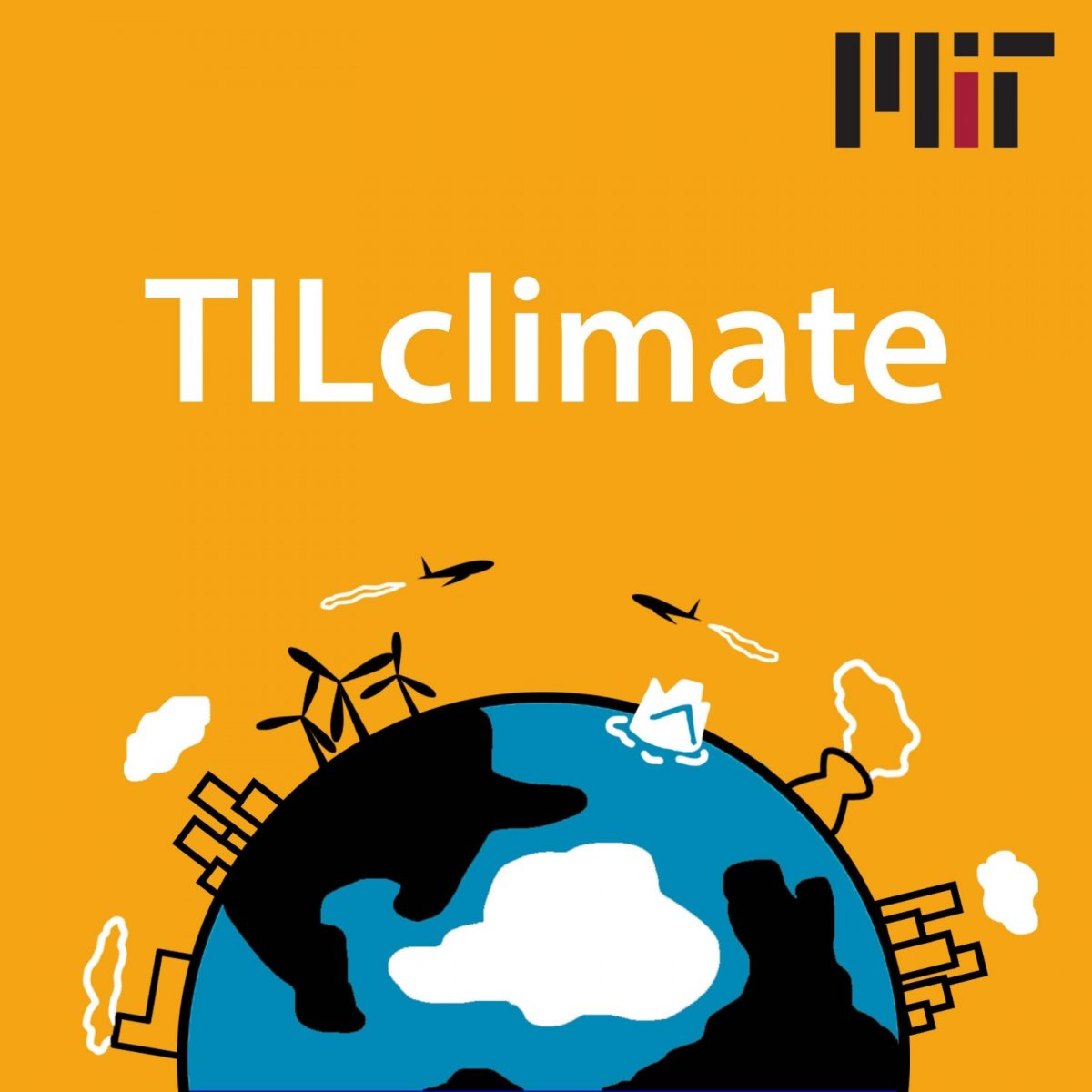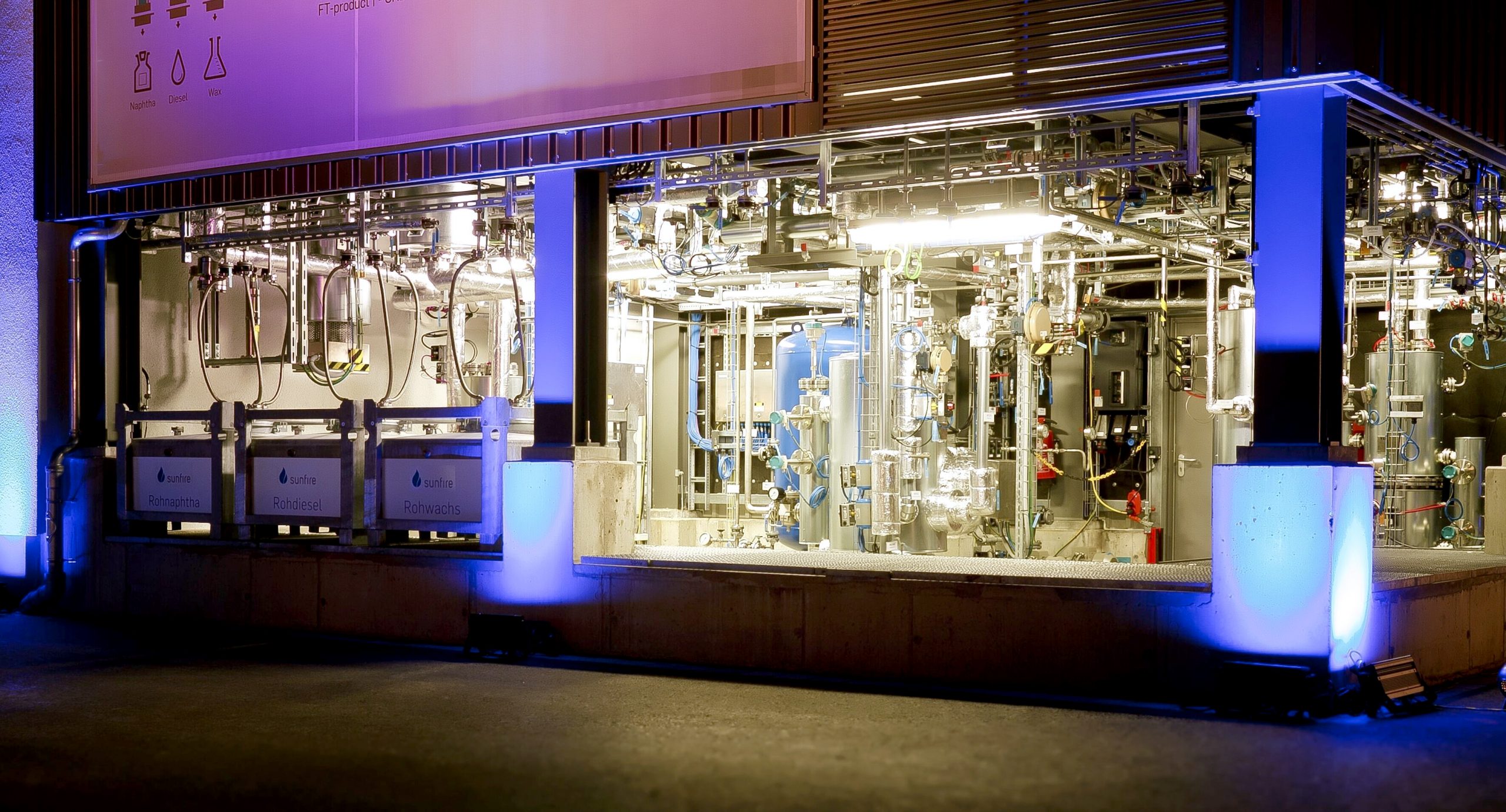
Millennials Like Cars As Much As Boomers Do
Christopher Knittel is P&Qs’ Professor of the Week. Everybody knows that Millennials marry later and buy fewer homes than previous generations did. But when it comes to cars, that conventional wisdom is wrong…
SEE FULL ARTICLE
Optimal Commodity Taxation with a Non-renewable Resource
When governments need to raise public revenues, they should tax non-renewable resources more than regular commodities according to a dynamic rule. For carbon resources, that means augmenting the carbon tax in a way that further reduces their development and slows down their exploitation, which goes further in the direction of resolving the climate problem.
SEE FULL ARTICLE
Why reducing carbon emissions from cars and trucks will be so hard
In this article on The Conversation, CEEPR faculty Professors David Keith and Christopher Knittel point out the difficulties facing the transition away from internal combustion engine vehicles.
SEE FULL ARTICLE
State would benefit from preserving nuclear power
In an article on Press&Journal, John Parsons discusses a vital decision about the place nuclear power will have in Pennsylvania’s future.
SEE FULL ARTICLE
E7: TIL about carbon pricing
In this episode of TILclimate (Today I Learned: Climate), MIT economics professor Christopher Knittel joins host Laur Hesse Fisher to break down the complexities of carbon pricing.
SEE FULL ARTICLE
Shared Capacity and Levelized Cost with Application to Power-to-Gas Technology
Power-to-Gas could become a central enabler of the transition towards a sustainable economy by reversibly converting electricity to hydrogen. A new paper shows that it will be competitive with fossil-based energy sources so as to solve the challenges of intermittent renewable generation and widespread industrial decarbonization.
SEE FULL ARTICLE
Subscribe To Our Newsletter
Subscribe now and check outour Past newsletters


